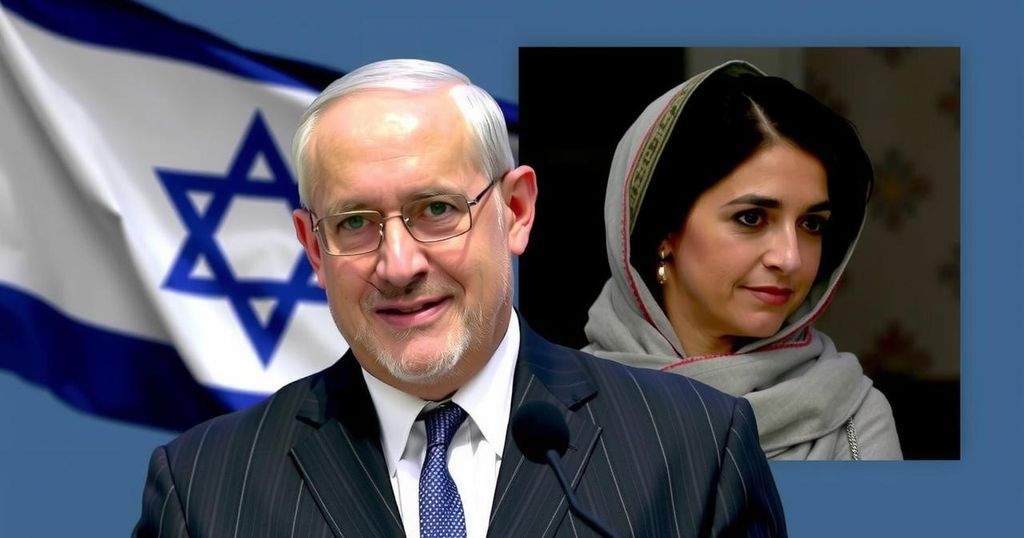Khamenei Affirms Resilience of Uprisings Amid Complex Middle Eastern Politics

Iran’s Supreme Leader Khamenei stated that Israel is mistaken in believing the uprising is over, amid escalating regional tensions. Italian Defense Minister Guido Crosetto will visit Israel, while Palestinian families sue the U.S. over IDF support. Normalization between Saudi Arabia and Israel hinges on the end of the Gaza conflict, with discussions about a hostage deal and nuclear agreement complicating the political landscape.
The recent developments in Middle Eastern politics have drawn significant attention, particularly statements from Iranian Supreme Leader Ayatollah Ali Khamenei regarding perceptions of the Israeli-Palestinian conflict and ongoing tensions in Syria. Khamenei emphatically declared that Israel is “gravely mistaken” in thinking that the uprising against its actions is over, insisting that the resistance around the region, especially in Syria, remains fervent. This declaration comes in tandem with Italy’s Defense Minister Guido Crosetto’s impending visit to Israel, highlighting the complexity of international military relationships amid ongoing regional conflicts. Additionally, Palestinian families have initiated legal action against the U.S. State Department due to ongoing support for the Israel Defense Forces amid rising casualties in Gaza. The political landscape is also impacted by discussions surrounding normalization between Saudi Arabia and Israel, contingent on the cessation of hostilities in Gaza. Further complicating matters, recent reports indicated that a long-anticipated hostage deal involving Hamas could soon materialize. Amidst these developments, calls for a renewed focus on the Iran nuclear deal have resurfaced, with global powers urged to address nuclear proliferation concerns with urgency.
The geopolitical dynamics surrounding Israel, Iran, and the broader Middle Eastern region continue to evolve, marked by military actions, diplomatic engagements, and ongoing conflicts. Supreme Leader Khamenei’s remarks regarding the resilience of uprisings signal Iran’s continued commitment to supporting anti-Israeli sentiments in the face of regional struggles, particularly with respect to Syria. Italy’s diplomatic maneuvers reflect a nuanced approach towards Israeli relations, even as Palestinian families challenge U.S. policy. The intertwining of these narratives illustrates the complex and often volatile nature of Middle Eastern geopolitics as world powers engage with Iran over nuclear discussions and seek to address humanitarian concerns in Gaza.
In summary, the region is undergoing significant political shifts, with key players like Iran asserting their stance against Israel, as evidenced by Khamenei’s remarks. Diplomatic visits from nations such as Italy illustrate a multifaceted approach to regional issues. Meanwhile, legal actions by Palestinian families reflect growing international scrutiny of U.S. policies in the area. The potential for a hostage deal and renewed nuclear negotiations adds further complexity to the ongoing dialogue around Middle Eastern stability.
Original Source: www.jpost.com








